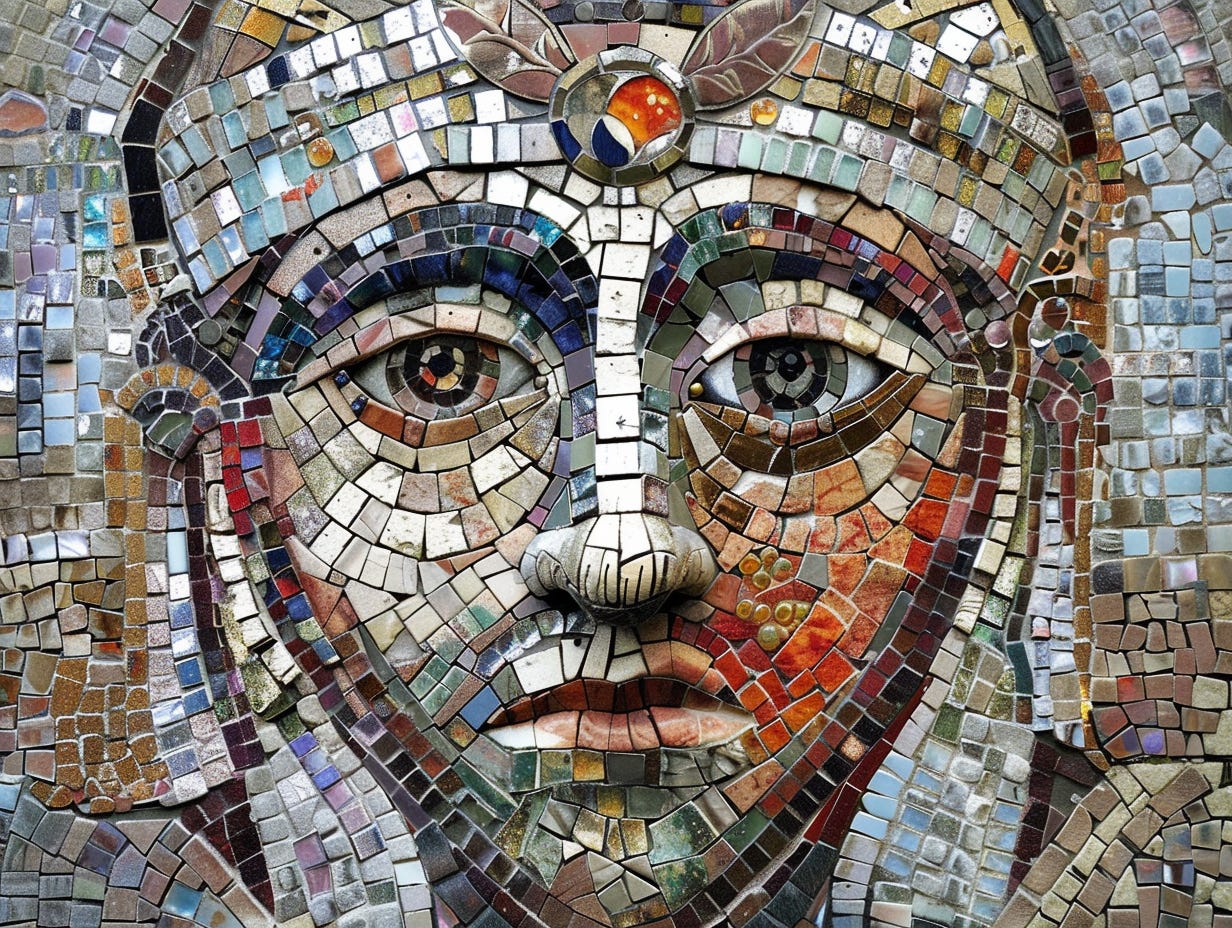‘Personality’ Through the Ages: From Greek Masks to Gordon Ramsay
What Do Ancient Theater, Celebrities, and Social Media Have in Common?
In his 1959 hit record, Lloyd Price sang about being called a fool by his friends for being captivated by his girlfriend’s character.
His song, of course, was Personality.
Hearing it on the radio recently got me wondering about the origin of this word—and how it also came to be used as a term for someone famous.
We’ll begin by going a lot further back than 1959, though.
The Theatrical Roots of Personality
The word personality comes from the Latin persona, meaning mask.
Interesting, right?
It dates back to actors wearing masks to represent the characters they played.
A mask was a way for actors to disguise themselves.
It was also a useful trick for myopic audience members sitting in far-from-the-stage cheap seats, long before the days of Warby Parker and Specsavers.
A mask with an exaggerated expression helped theatergoers understand what emotions the actors were feeling.
This tradition goes back to ancient Greek theatre, where those famous laughing-and-crying, comedy-and-tragedy masks were first used.
To this day, that symbol still represents the performing arts.
It’s intriguing to realize that the original idea of personality had more to do with the mask you wore than with who you really were.
We’ve moved on from this a bit—perhaps with the exception of social media, where many people curate an Insta-persona that’s quite different from their real one.
The Evolution of “Personality”
Real or pretended, the word personality has been used in English to describe someone’s character or temperament since the 14th century.
So when did it get borrowed to mean someone famous?
One of the many benefits of working, as I do, in the library at Stanford University is having access to the sprawling 20-volume second edition of the Oxford English Dictionary, which rests just a few steps from my desk.
(By the way, I was briefly excited to see that this particular set was printed in 1989 in Taunton—until I discovered it was Taunton, Massachusetts, rather than Taunton in Somerset.)
But anyway, the dictionary led me to a passage by George Bernard Shaw in 1889, where he wrote admiringly:
“Individuality is concentrated, fixed, gripped in one exceptionally gifted man, who is consequently what we call a personality – a man pre-eminently himself, impossible to disguise.”
(Even, perhaps, with a mask.)
The Rise of the Media Personality
We really have the rise of mass media to thank for personality becoming shorthand for what we now call celebrities (or celebs, for even shorter shorthand).
In the early 20th century, radio and then television gave birth to entertainers, actors, and broadcasters with distinctive public images—people who, starting in the 1920s and ’30s, became known as personalities, emphasizing their unique traits or charisma.
Google Ngram, a tool that tracks word usage in printed media, tells us that the word personality has tripled in use since the 1920s and doubled since the 1950s.
Of course, a simple analysis like this doesn’t distinguish between its different meanings—character vs. celebrity—but it’s probably safe to say that interest in both has grown.
The Personality of Personalities
Let’s tie those two meanings together.
After all, what we see on TV or the stage is often not who those people really are.
Take Gordon Ramsay, for example.
His televised persona is fiery and profane, but in real life, he’s much more of a pussycat—supportive and far less aggressive.
You can see this in his earlier UK TV shows, where he focused more on teaching than berating people with outbursts such as “I wouldn’t trust you running a bath, let alone a restaurant.”
Then there’s David Bowie, an artist whose outrageous on-stage personality—well, personalities, in his case—was a world away from the gentle, personable, and empathetic man seen in his interviews.
Ziggy Stardust, Aladdin Sane, The Thin White Duke—each was a mask, in a way, shaped by the theatrical tradition embedded in the very word personality.
What Would We Do Without the Word?
If we lost personality, we’d have no easy way to talk about the characteristics and behaviors that make up a person—or how they present themselves to the world.
But ChatGPT to the rescue!
I asked it to come up with some alternative words for personality.
Charactery and traititude were quite nice.
But my favorite?
Quirkality.





That was really interesting to read about the Roman masks. Apparently, they not only made it clear to the folks in the back what types of characters or emotions they were displaying, but the masks also served an acoustic function. They helped the actors' voices resonate more, so those folks in the back could also hear them better! https://imperiumromanum.pl/en/curiosities/theatrical-masks-in-antiquity/